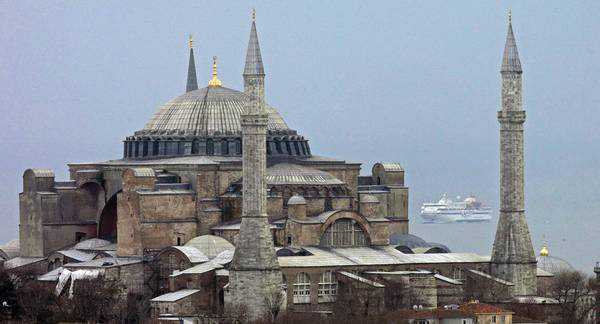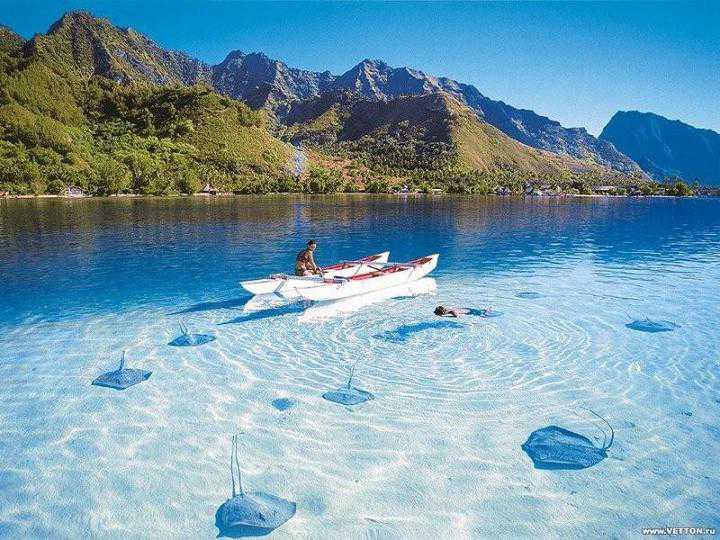Several events marked 2008 as a milestone year for relations between Turkey and Africa.
At a January 2008 Summit, the African Union upgraded Turkey to “strategic partner” of Africa. In May, high-level representatives from 45 African countries attended the Turkey-Africa Foreign Trade Bridge, where Foreign Trade Minister Kursad Tuzmen told reporters: “Our goal is to bring the total volume of trade to approximately $20 billion this year. Our target for 2012 is $50 billion.” In August, Turkey hosted the first Africa-Turkey Cooperation Summit at Istanbul, cozying up to the African Union and declaring a number of common geopolitical interests. Abdellah Gul became the first Turkish president to pay an official visit to the sub-Saharan countries of Tanzania and Kenya in January of 2009. Turkish Foreign Minister Ali Babacan promised to open 15 new embassies on the continent in the next few years.
What are the reasons for this sudden flurry of Turkish courtship? With crisis-hit imports and exports falling fast, Turkey has clear economic incentives for strengthening economic ties with a promising alternative export market like Africa. But there is also a new political alliance brewing, one that Turkey and Africa are hoping will be mutually beneficial, a possible model of south-south diplomacy based on trust and reciprocity.
In 2008, even as Turkish businesses were seeking out opportunities in Africa, Turkish politicians were energetically campaigning to win African support for Turkey to become a two-year member of the United Nations Security Council. President Abdellah Gul repeatedly promised African leaders and audiences that Turkey would be the “voice of Africa” at the Security Council, paying special attention to African issues. Many Africans feel that Africa is underrepresented in international bodies like the UNSC and the AU jumped on board for Turkey’s candidacy. Thanks in part to the overwhelming support of the African Union, Turkey triumphed, joining the 15-member bloc last January for the 2009-2010 period.
The first opportunity for Turkey to stand up for Africa has now arrived, with the International Criminal Court’s issuing of an arrest warrant for Sudanese President Omar Al-Bashir (an unprecedented ICC indictment of a sitting head of state).
The African Union opposes indicting Bashir, as does the Organization of Islamic Countries, of which Turkey is also a member. The head of the AU Peace and Security Council said in January that the indictment process should be delayed for a year while officials negotiate peace in western Sudan. “There is a solidarity shown toward the president of Sudan, unanimously,” said Ramtane Lamamra of Algeria. AU official Jean Ping warned that the arrest warrant for Bashir could threaten the ailing peace process in Sudan.
Undeterred, the ICC issued the arrest warrant on March 4 against Bashir on charges of war crimes and crimes against humanity. However, actual implementation of the arrest warrant is unenforceable so long as Bashir confines himself to friendly countries. The United Nations Security Council could also delay implementation with a vote. So far six of the fifteen UNSC members have declared they will vote in favor of suspending the warrant against Bashir, while seven members declared they are voting against suspension. Turkey and Japan are the only two undecided voices, and their votes could determine whether the warrant is suspended or not.
So why hasn’t Turkey, the new “voice of Africa”, declared its intention to block the warrant against Al Bachir, by voting for a suspension? The AKP government already has ties to the Sudanese president, having hosted him twice last year in spite of protests from liberal intellectuals, and high-level officials have expressed concern that the arrest of Bachir would have a destabilizing effect on war-torn Sudan.
On the other hand, Washington deployed top-level diplomatic channels to ask for a Turkish vote against the suspension no fewer than three times in three months, according to Hurriyet. In America, the crisis in Darfur is seen as one of the world’s worst humanitarian crises, and the arrest of Al Bashir is perceived as a promising step forward. Turkish-American relations are currently reaching an all-time high. With American President Barack Obama choosing Istanbul for the site of his highly symbolic first speech in a Muslim city, as well as sponsoring Turkish membership in the EU, Turkey might have a hard time saying no to the new leadership in Washington.
Source: www.lesafriques.com, 16 April 2009




